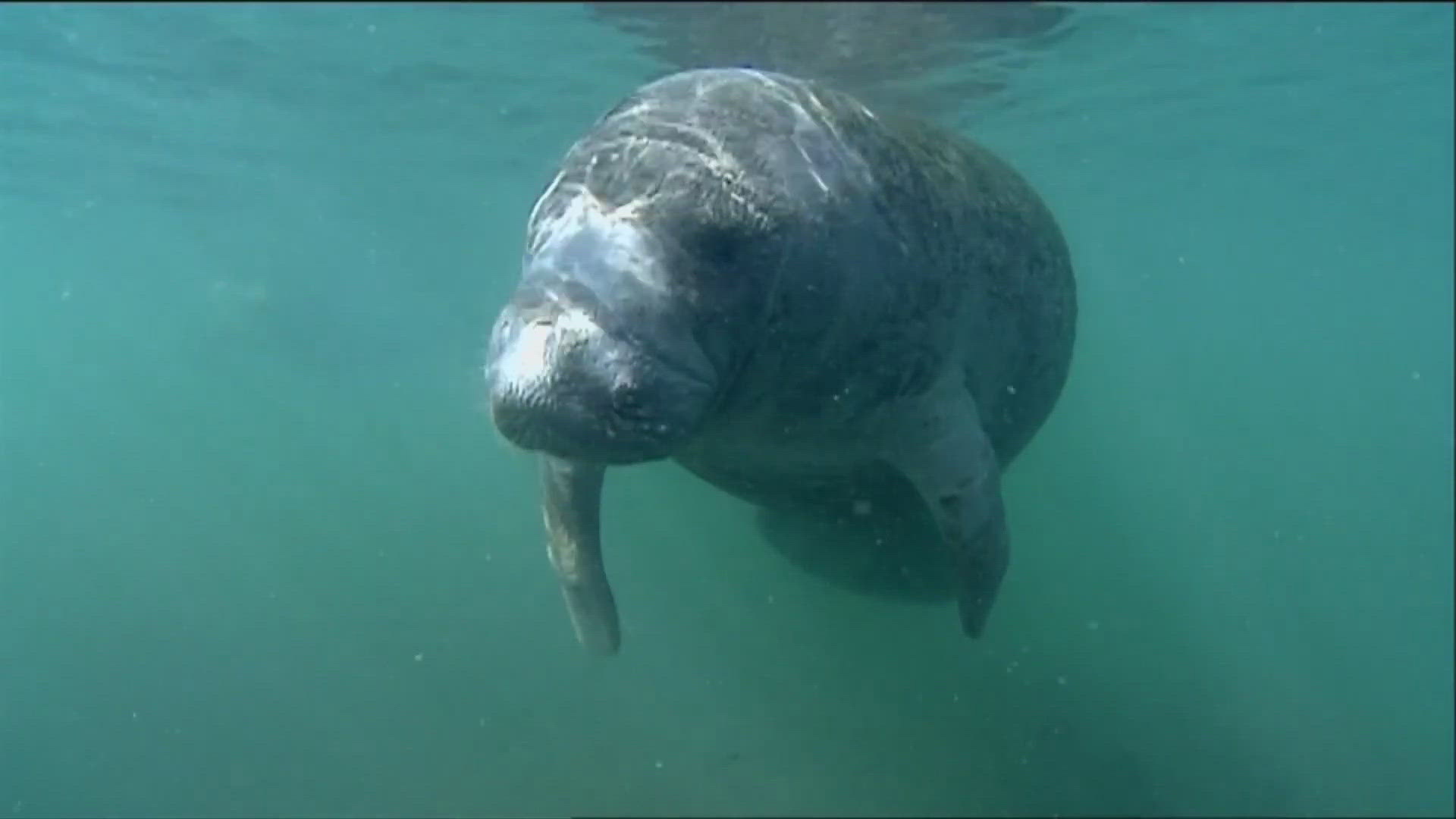FLORIDA, USA — Reported unprovoked shark bites are on the rise globally, following three years of declining numbers.
The Florida Museum of Natural History’s International Shark Attack File says 73 unprovoked shark bites were reported in 2021. The number aligns with the five-year global average (72) but is a sharp increase from the 52 confirmed bites in 2021.
2020's count was actually the lowest number of confirmed bites in more than a decade. The exact reason is still unclear but scientists with the museum point to lockdowns due to the COVID-19 pandemic as a reason why.
The United States led the world with 47 confirmed bites in 2021. The Florida Museum says all but five took place along the Atlantic Seaboard. Breaking those numbers down even further, the museum found Florida made up for more than 60 percent of shark bites in the U.S. with 28.
Australia had the second-highest number of confirmed in the world with 12.
While the sound of more shark bites happening across the globe sounds frightening, Dr. David Shiffman, a shark biologist, says it's good to remember they aren't "mindless killing machines."
"That's just not true at all. I've been swimming with sharks all over the world," Dr. Shiffman said. "And, as much as I have all these fancy cameras, I'm a terrible photographer because most of the time, when a shark sees a person what they do is they swim away really fast. So, I have thousands of pictures of sharks swimming away from me really fast."
The Florida Museum also adds that a majority of the bites are most likely a result of mistaken identity.
Sharks tend to spend a majority of their time in marine coasts and estuaries due to the number of fish that feed in the area. A combination of the low tide and shallow seafloor makes it perfect for fish to rummage for plants and invertebrates.
But, that comes with the cost of sediment being kicked up by harsh waves, making it harder for sharks to spot their prey.



